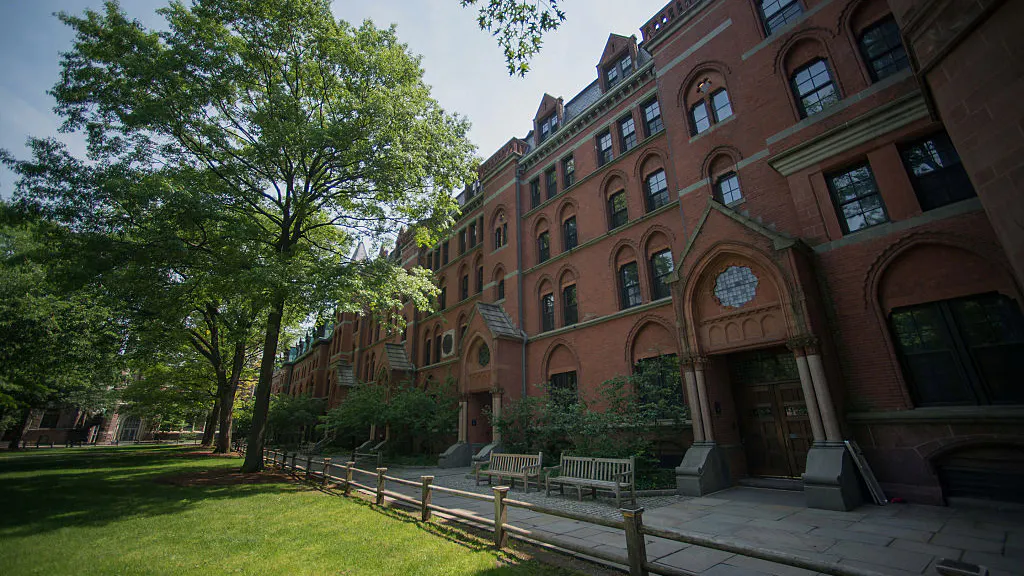Starting next year, Yale University will no longer offer “Introduction to Art History: Renaissance to Present,” a once-renowned survey course of art through Western Civilization, because it has been deemed insufficiently inclusive of non-European artwork.
According to the Yale Daily News, Tim Barringer, chair of the Art History department and instructor for the course, believes that focusing on the Western canon and its most influential works is “problematic” because it comes at the expense of focusing on other regions, genres, and traditions that are “equally deserving of study.”
“I want all Yale students (and all residents of New Haven who can enter our museums freely) to have access to and to feel confident analyzing and enjoying the core works of the western tradition. But I don’t mistake a history of European painting for the history of all art in all places,” Barringer told the news agency in an email.
The news agency notes that while the course was once considered “quintessential,” the decision is the “latest response to student uneasiness over an idealized Western ‘canon’ – a product of an overwhelmingly white, straight European and male cadre of artists.”
While the course will still be offered for the duration of the term, the news agency notes that the topics in the course have changed significantly over time. Now, the curriculum will emphasize the relationship between works from Western and non-Western countries, and students will be encouraged to consider the ways the artwork relates to race, gender, class, capitalism, and climate change.
Mahlon Sorenson, a student at the university, has called the decision a “disservice to undergrads,” reports the news agency.
“If you get rid of that one, all-encompassing course, then to understand the Western canon of art, students are going to have to take multiple art history courses. Which is all well and good for the art history major, but it sucks for the rest of us, which, I would say, make up the vast majority of the people who are taking [the course],” says Sorenson.
However, the change to the curriculum is aligned with what Maria Bass, the director of Undergraduate Studies at Yale University, has said is the direction of introductory survey courses – they should be “designed in recognition of an essential truth: that there has never been just one story of the history of art.”
Camille Paglia, a Yale alumnus and professor at the University of Arts in Philadelphia, has gained notoriety for slamming left-wing activists who have declared war on art history survey courses and the Western Canon.
“As a student of the history of the arts, I can assure people that the Canon, overwhelmingly so, is the result of what artist have determined – we say a work is important, is canonical, because artists following it were influenced by it,” Paglia told psychology professor Jordan Peterson during an interview in 2017.
“All these faculty members teaching their little tiny courses that has to do with their own specialty, that’s got to stop,” said Paglia. “They must teach in the core curriculum. People must decide what is crucial for an educated person to know.”

.png)
.png)

